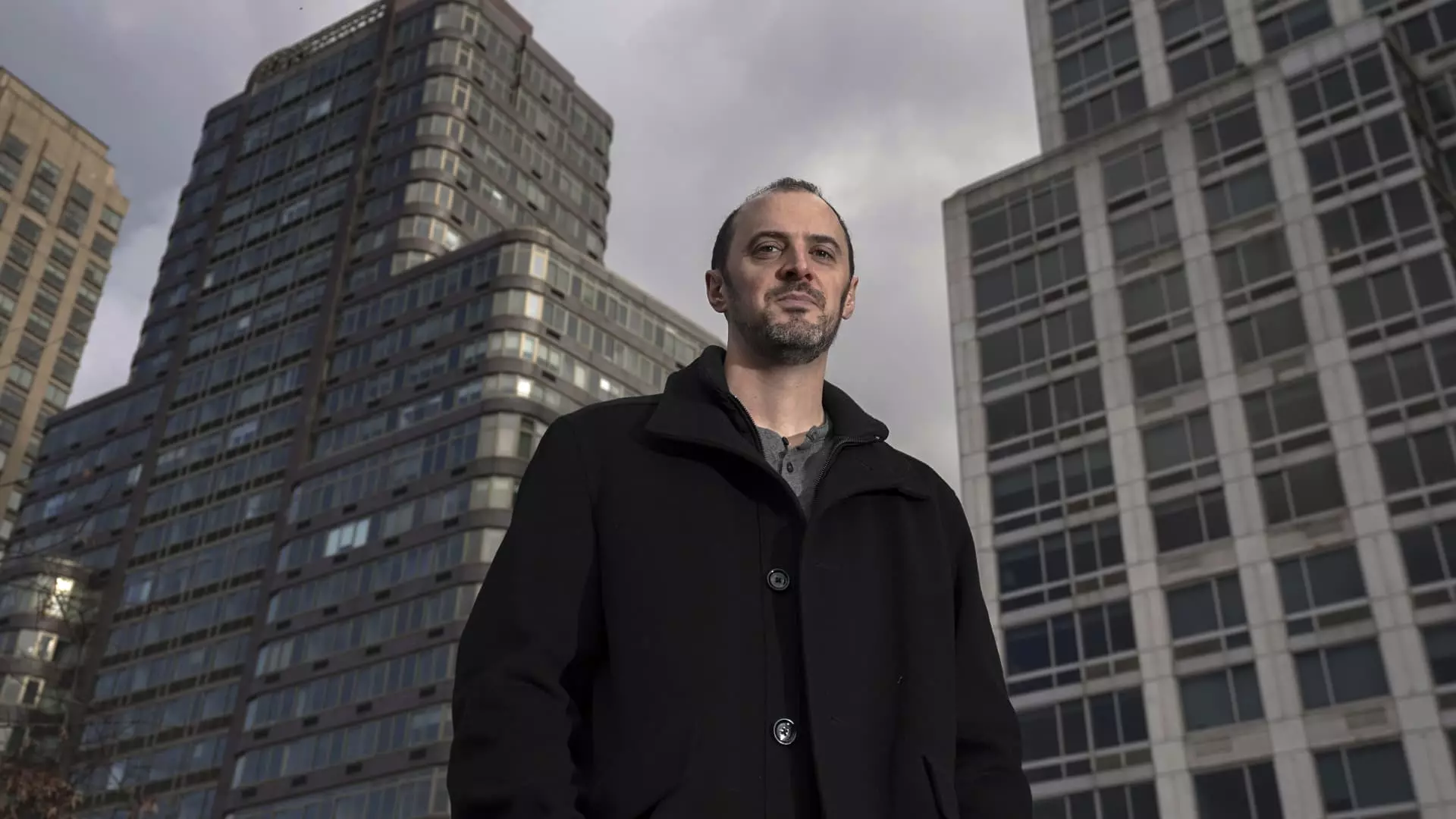Hindenburg Research, a notable player in the investment research sector, has announced its closure, a revelation made public by founder Nate Anderson. Since its inception in 2017, the firm garnered attention for its provocative reports that often delivered harsh critiques on various companies, raising questions about their business practices. With a firm focus on short selling, Hindenburg positioned itself as a disruptor in the financial ecosystem, challenging established companies and provoking significant market reactions.
The Impact of Hindenburg’s Investigations
Hindenburg’s reputation grew swiftly, particularly after it released a groundbreaking report on electric vehicle startup Nikola in 2020, alleging that the company misrepresented its autonomous capabilities. This allegation not only led to public scrutiny but also resulted in legal consequences for Nikola’s founder, Trevor Milton, who received a four-year prison sentence. Such high-profile cases illustrated not only the efficacy of Hindenburg’s investigative techniques but also underscored the precarious nature of the startups they targeted, many of which were in nascent stages of development.
The firm’s tactics often incited immediate market reactions, with stock prices plummeting following the release of its reports. The potential for financial gain through short selling made Hindenburg’s activities all the more enticing for investors looking to capitalize on the firm’s research, even as it operated in a challenging regulatory environment.
Hindenburg did not shy away from taking on significant financial players, including luminaries such as Carl Icahn and Gautam Adani. By publicly challenging their business empires, Hindenburg solidified its reputation as a formidable entity capable of standing against industry giants. The firm’s willingness to engage in these confrontations speaks volumes about its confidence in its research findings and the potential ramifications of corporate malfeasance within high-stakes industries.
The closing of Hindenburg comes at a time when the climate for short selling is still fraught with challenges and scrutiny. The meteoric rise of retail investors, particularly during the meme stock phenomenon, has shifted the dynamics, prompting many hedge funds and research firms to reassess their strategies. Regulatory scrutiny has increased, with agencies like the Department of Justice intensifying investigations into short selling practices. This environment may have contributed to Hindenburg’s decision to wind down its operations after completing its pipeline of investigations.
The dissolution of Hindenburg Research marks the end of a notable chapter in financial research and short selling. While it leaves an indelible mark on the landscape of investment research, the closure highlights both the volatility of the sector and the complexities surrounding corporate accountability. Ultimately, the firm’s legacy will likely serve as a cautionary tale for aspiring short sellers and a reminder of the power — and peril — that comes with investigative financial research.

